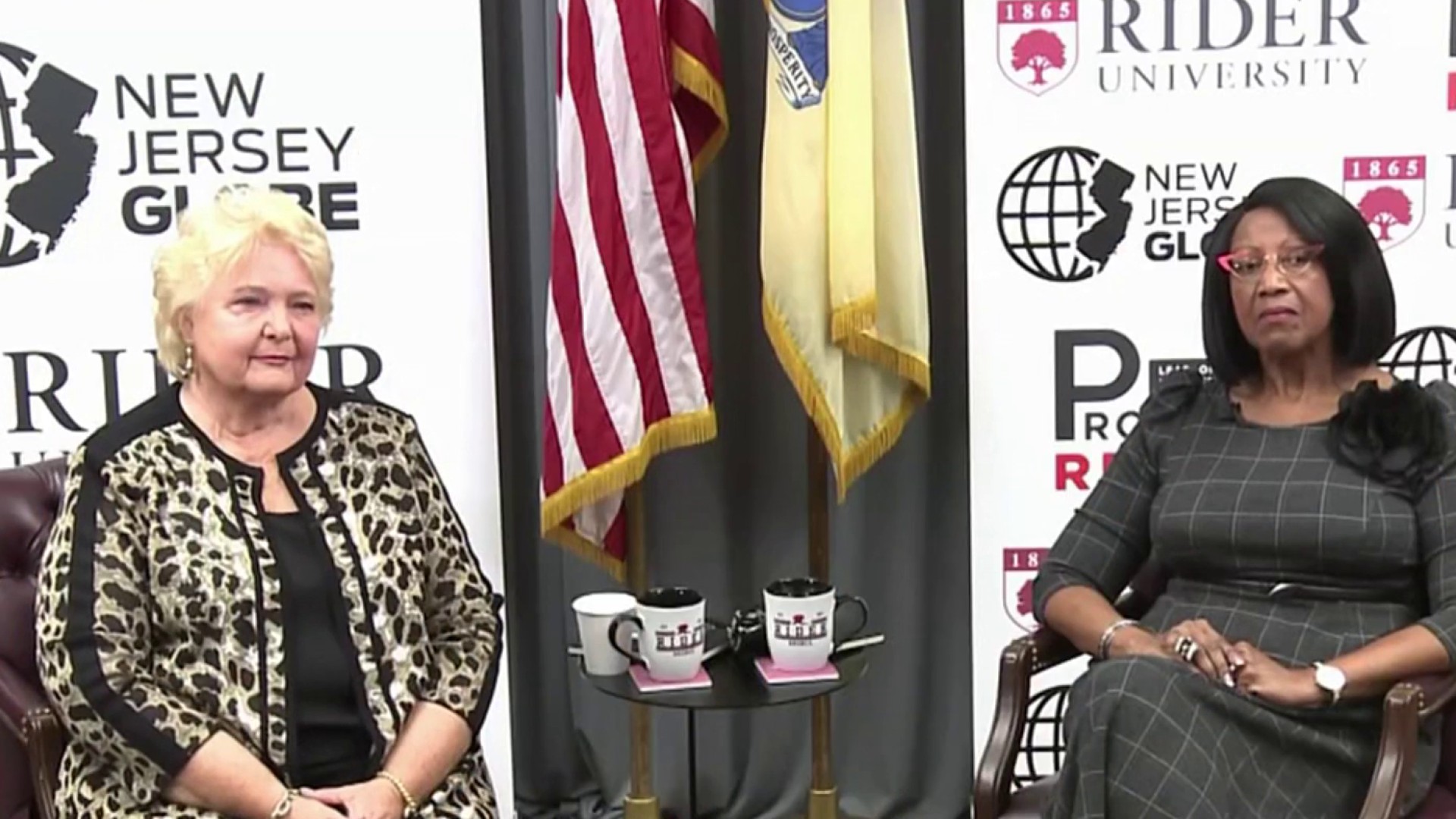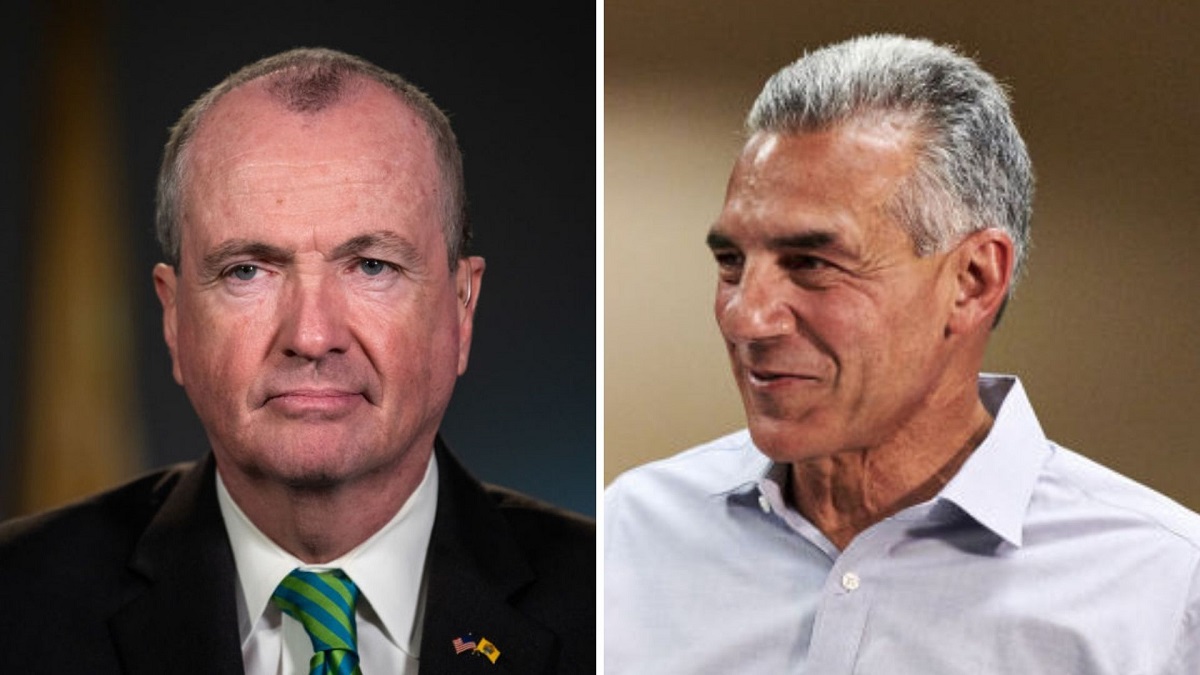New Jersey's two major-party candidates for governor sketched sharply different visions for where they want to carry the state of more than 9 million people in their final debate Tuesday.
New Jersey will veer away from public-sector investments in education, transit and a host of other areas under a GOP governor, Democratic incumbent Phil Murphy said. Another four years of Murphy's administration will lead to more crushing taxes and unaffordability, Republican former Assembly Member Jack Ciattarelli said.
The hourlong debate at Rowan University in southern New Jersey crystallized a dynamic that's formed in recent weeks, with Murphy casting his rival as the second coming of Chris Christie and Donald Trump and Ciattarelli hammering Murphy over the state's high costs.
Get Tri-state area news delivered to your inbox.> Sign up for NBC New York's News Headlines newsletter.
The COVID-19 outbreak, which has dominated life in the state and across the world for a year and a half, yielded a back-and-forth. But the candidates focused elsewhere in their closing pitches.
Whether the debate will change the direction of the contest is unclear: Murphy has led in public polls as well as in fundraising. The Democrats also have 1 million more registered voters than Republicans. Ciattarelli faces the twin hurdles of having to get conservative Republican voters out for him while persuading the state's sizable independent bloc to back him.
The rowdy audience interrupted the candidates with applause, boos and cheers throughout despite requests from moderators to limit distractions.
On the state budget, which Murphy has steadily increased since he took office in 2018, culminating in the current fiscal year's record $46 billion spending plan, Ciattarelli called for pairing it back. He didn't specify what he would cut.
Murphy said the increased spending hasn't grown the state's public workforce and instead means the state is meeting it's K-12 spending and public pension obligations.
The governor, a former Obama administration ambassador and Wall Street executive, argues that state education funding takes pressure off property taxes, which are levied at the local level.
Ciattarelli criticized the idea that Murphy focused on lowering property taxes, which average about $10,000 a year in the state — among the highest in the country.
“If he had cut everybody’s property taxes in half I wouldn’t have run for governor. I would have endorsed him," he said.
Murphy attacked Ciattarelli's plan to flatten state aid to schools, saying it would hurt majority Black cities.
“If you’re in a Black or brown community, you’re going to get the rug pulled out from under you," he said.
On abortion, Ciattarelli — at odds with many Republicans across the county — said that if the U.S. Supreme Court struck down Roe v. Wade that the state would have to enact a law to protect a woman's right to get the procedure. He said he didn't think it would happen, however.
Murphy instead called for lawmakers to pass the Reproductive Freedom Act so he could sign it into law.
The pandemic showed other divisions between the candidates.
Ciattarelli said that while he has promoted vaccinations, residents should have the choice whether to wear masks or get the COVID-19 vaccine. Murphy has instituted mandates for schools to require masks and ordered that health care workers and teachers get the vaccine or face regular testing.
Early in-person voting starts Oct. 23 and runs through Halloween.
Mail-in ballots have already begun coming into to county offices.
Election Day is Nov. 2.



